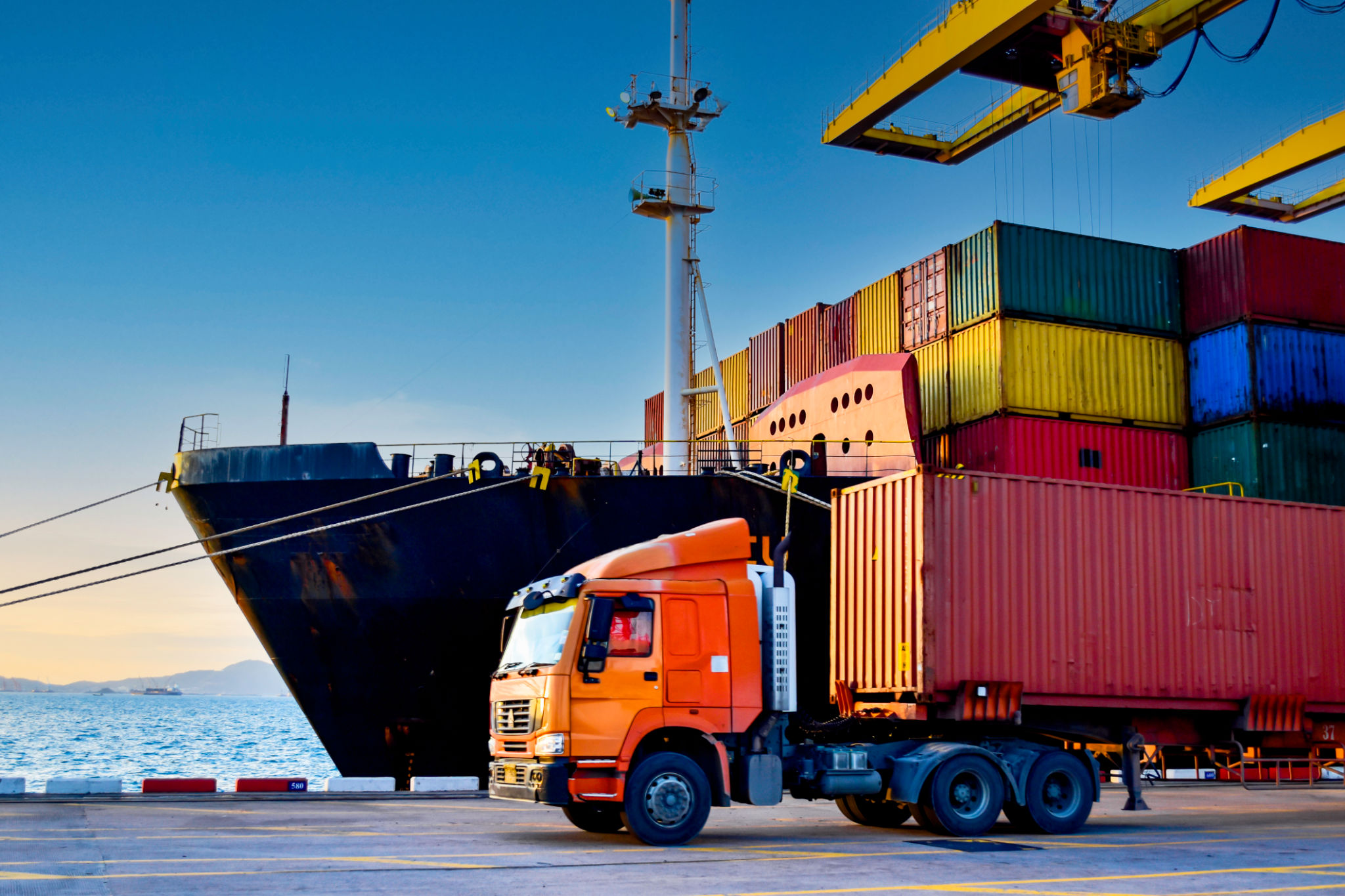Navigating Freight Transportation Challenges in Vancouver WA
Understanding the Freight Landscape in Vancouver, WA
Freight transportation is a critical component of Vancouver, WA's economy, serving as a vital hub for the movement of goods in the Pacific Northwest. Its strategic location near major highways and its proximity to Portland make it a bustling center for logistics and distribution. However, this advantageous position comes with its own set of challenges that businesses must navigate to ensure efficient operations.

Infrastructure and Traffic Congestion
One of the primary challenges in freight transportation within Vancouver is infrastructure limitations. While the city benefits from access to key transportation routes like I-5 and SR-14, increasing traffic congestion can lead to delays. These delays not only affect delivery times but can also increase operational costs for businesses relying on timely freight movement.
To mitigate these issues, it's crucial for businesses to stay informed about local traffic patterns and consider alternative routes when necessary. Investing in advanced logistics software that provides real-time traffic updates can be an effective strategy to avoid bottlenecks.
Regulatory Compliance and Safety
Another significant aspect of freight transportation in Vancouver is adhering to regulatory requirements. Both state and federal regulations govern freight operations, covering everything from vehicle weight limits to environmental standards. Ensuring compliance requires a thorough understanding of these laws and potentially investing in specialized training for staff.

Moreover, safety remains a top priority for freight operators. Implementing comprehensive safety protocols not only protects employees but also minimizes risks associated with cargo damage or loss. Regular maintenance of vehicles and equipment is essential to maintaining safety standards and ensuring smooth operations.
Environmental Considerations
As environmental consciousness grows, the freight industry in Vancouver faces pressure to adopt more sustainable practices. This includes reducing emissions, optimizing fuel efficiency, and considering alternative energy sources for transportation vehicles. Companies that proactively address these environmental challenges can improve their public image and potentially reduce costs in the long term.
Some businesses are exploring the use of electric or hybrid vehicles as a way to decrease their carbon footprint. Additionally, technologies such as route optimization software can play a significant role in reducing unnecessary mileage and fuel consumption.

Technological Integration
Incorporating technology into freight operations is no longer optional but a necessity. Advanced tracking systems, IoT devices, and AI-driven analytics offer unprecedented insights into logistics performance. These technologies enable businesses to optimize routes, predict potential disruptions, and streamline the entire supply chain process.
Adopting these technological solutions can provide competitive advantages, allowing companies to respond swiftly to market demands and improve customer satisfaction. However, the initial investment in technology can be a barrier for some businesses.
Conclusion: Strategic Planning for Success
Navigating the freight transportation challenges in Vancouver, WA requires a multifaceted approach that combines infrastructure management, regulatory compliance, environmental stewardship, and technological innovation. By addressing these areas strategically, businesses can enhance their operational efficiency and contribute positively to the regional economy.
Ultimately, success in freight transportation hinges on proactive planning and adaptability. As the industry continues to evolve, staying informed about emerging trends and best practices will be crucial for thriving in this dynamic landscape.